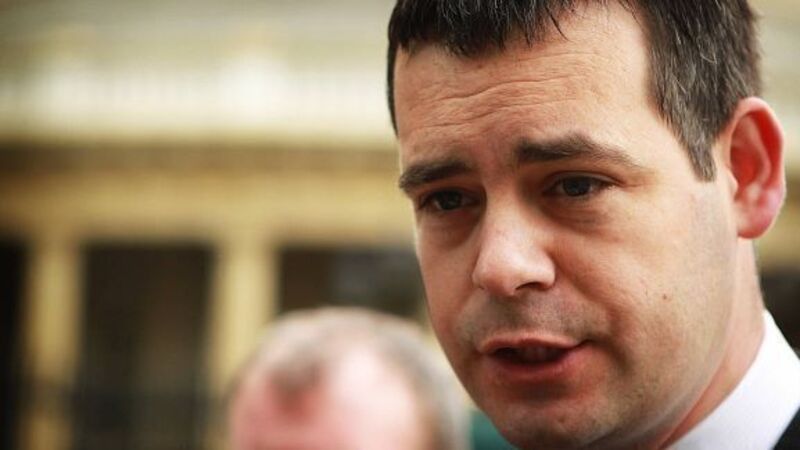No U-turn on ending Seanad: Sinn Féin

The party had wanted the Constitutional Convention, comprising politicians and citizens, to examine the chamber’s fate — but then backed abolition when the Government refused.
Sinn Féin finance spokesman Pearse Doherty said that, without significant reform being on offer, it was better to get rid of the “elitist” upper house.













